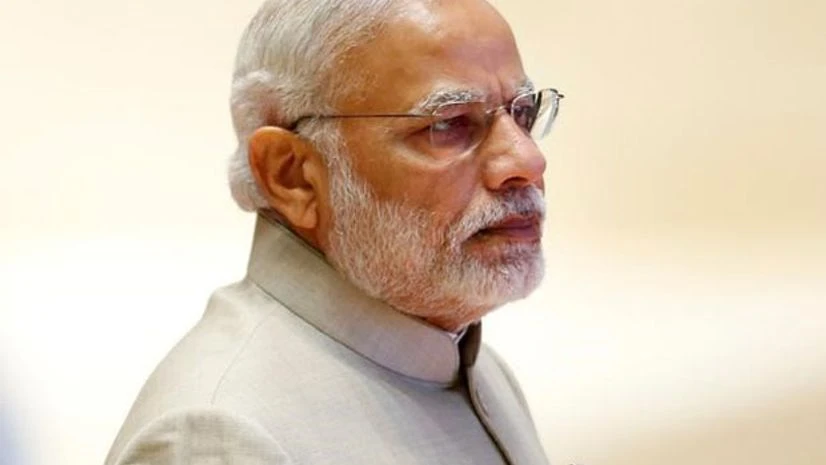With its large swathes facing a severe water crisis, the country can look at palaeochannels as "dependable sources" of water to meet the needs of people from parched regions, a government-constituted experts' committee has suggested in its report.
The committee on "Palaeochannels of North-West India: Review and Assessment", headed by eminent geologist Prof K S Valdiya, said there are "numerous" palaeochannels in the country with potential to store/offer billion cubic metres of fresh water.
Of the states where the panel conducted the study, Haryana, southern Punjab, Rajasthan and Gujarat alone have palaeochannels running more than 2200 km and their water quality is "generally good", the experts said.
Palaeochannels are remnant of once active rivers/streams or in other words, are paths abandoned by rivers when they change their course either due to movement of tectonic plates or severe floods and cut new ones.
Some of the palaeochannels lie buried under younger sediments.
"In the context of prevalent dryness in larger swathes of our country and the growing need for water for a variety of purposes, the palaeochannels hold good promise as rich repositories of groundwater. They have proved to be a dependable source of supply in many parts of the world," the committee said in the report.
More From This Section
The panel found that some of the palaeochannels are "dry, while some have water". More importantly, almost all of them can be artificially recharged and replenished with water, it said.
"The palaeochannels promising to hold substantial amount of water thus act as storage reservoirs augmenting groundwater resources," they said.
According to a senior Central Ground Water Board (CGWB) official, some of the palaeochannels studied by the committee are 50 metre to a few kilometres wide and 10 ft to 30 ft deep.
"So you can imagine the quantum of water that can be sourced from these palaeochannels. Maybe billions cubic metre of freshwater from across the country," the official said.
The committee has recommended that the government legislate a law to regulate extraction of water from palaeochannels in view of low rainfall in dry stretches and "reckless" exploitation of freshwater for irrigation and other purposes.
The panel suggested that it develop systematic database of all surface maps of palaeochannels and sub-surface stratigraphic data including geophysical surveys, borehole data, chemical quality and isotopic composition of groundwater in and around palaeochannel.
It also proposed launching of a mission to facilitate accurate estimation of groundwater reserves.
Among other, the committee has urged the government to make recharging as many "well-identified" palaeochannels as possible its "top priority".
"The vadose zone volume should be worked out and source water requirement should be assessed. Considering low rainfall in (arid) areas, availability of non-committed runoff should be worked out and plan of action for recharge, along with the artificial recharge structure, should be ascertained," the report said.
According to a Central Water Commission (CWC) report, over 60 per cent to 70 per cent of the country is "vulnerable" to drought.
The distribution of rainfall in the country varies greatly in time as well as space and such variations have caused extreme events of droughts and floods, the CWC report said.
The Commission had attributed the water scarcity in the country to consecutive monsoon failures. The rainfall deficit in the country was 14 per cent in 2015 and 12 per cent in 2014.
Besides Padma Bhushan awardee Valdiya, the committee on palaeochannels included ex-Archaeological Survey of India joint director general R S Bisht, JC Bose Chair Professor at Indian Institute of Science Education and Research (Bhopal) S K Tandon, IIT-Kanpur professor Rajiv Sinha and ISRO (Jodhpur) scientist B K Bhadra.

)
